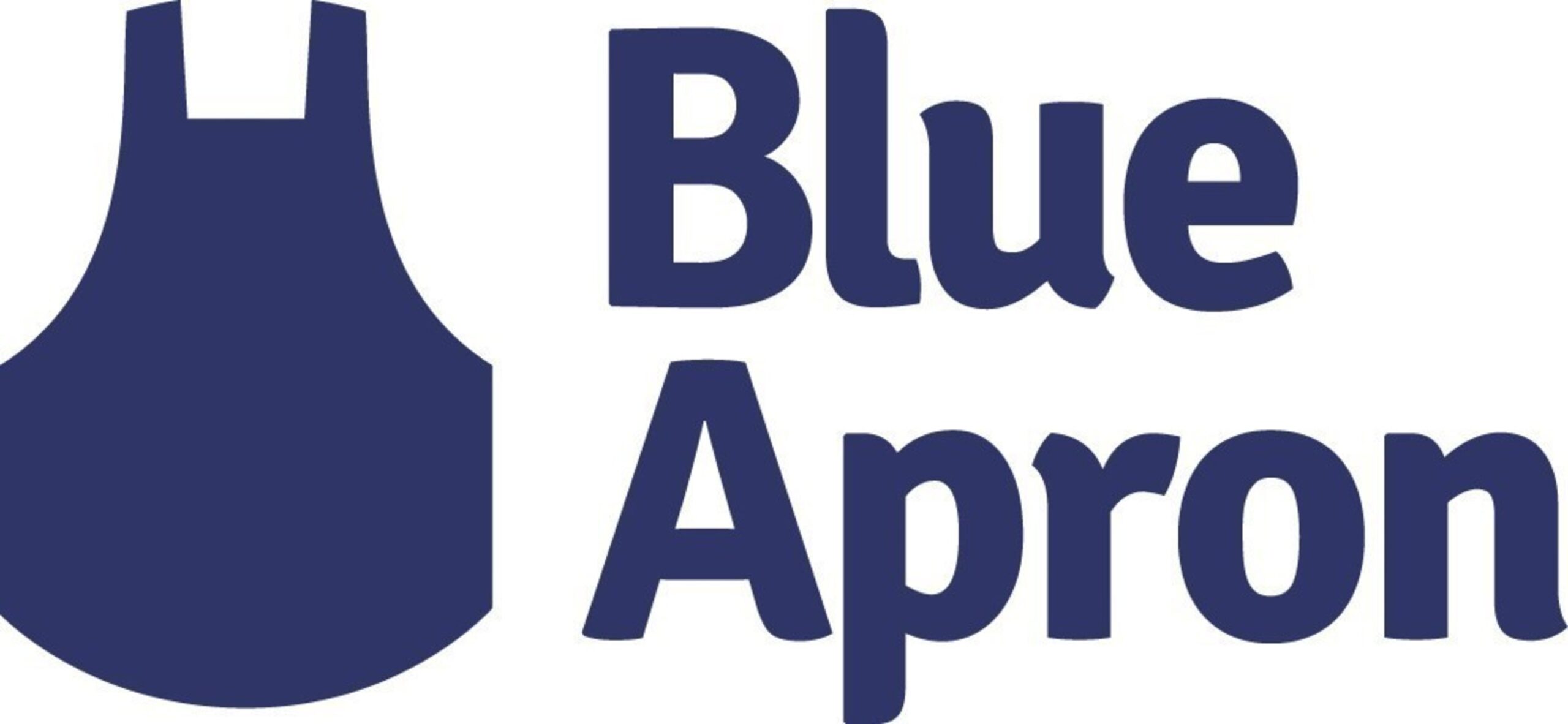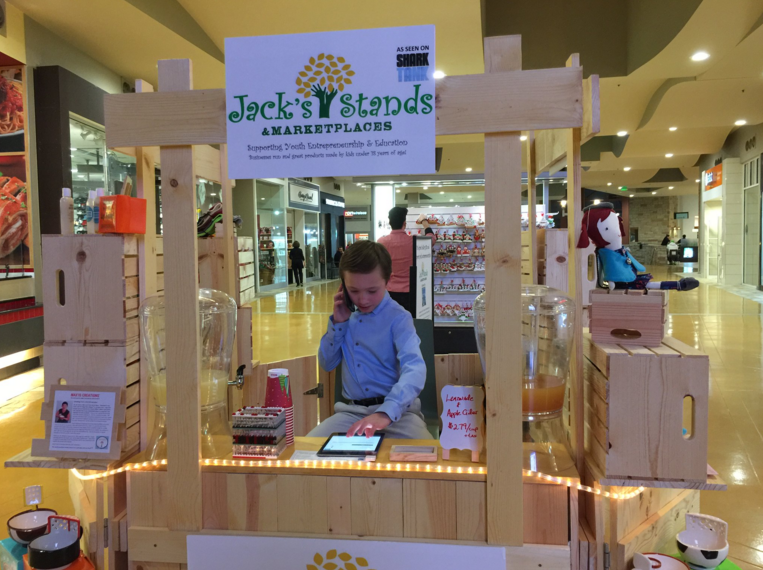Every day, people have to plan what to eat for the week. Some may enjoy meal planning, but most find it tedious. People must consider daily activities and food variety, and then shop for the ingredients. When Matthew Salzberg and his friends created Blue Apron, they provided an opportunity for people to skip the tedious task.

Matthew Salzberg and his friend Illia Papas knew they wanted to start their own business. In 2011, Salzberg quit his job at his investment firm associated with Silicon Valley while Papas quit his software engineering job. They raised seed money with the help of friends and family. After exploring a few ideas, Salzberg and his partner settled on the food industry.
The founders loved cooking but found it to be time-consuming to find reliable recipes and ingredients. They wanted to make cooking more accessible, but they lacked the connections in the food industry to realize their dreams. Matthew Wadiak, a family friend, soon remedied their problem.
The company shipped its first Blue Apron box in August 2012. The box contained exact measurements of farm-fresh ingredients and detailed recipe sheets. With word of mouth and social media marketing, Blue Apron quickly grew. By 2015 the company ships over 5 million boxes a month.
2015, however, also brought a wave of challenges. Bad publicity caused them to lose investors. Competitors like HelloFresh also began taking customers. Blue Apron experienced massive layoffs and closed a warehouse to battle the investment troubles. The 2020 pandemic saved the business by providing more customers. Blue Apron acknowledges the pandemic numbers were an anomaly. To retain customers the company focuses on innovative recipes and marketing.
Matthew Salzberg noticed the inaccessibility of cooking and wanted to fix the problem. Though the company has suffered since launching, Blue Apron retains customers because of its innovative recipes. Matthew Salzberg credits the company’s ability to launch to the multi-disciplined founding team.
“We were very deliberate in assembling a team that we thought was complementary and would work well together … It allowed us to divide and conquer a lot more easily in the early stages and have access to different networks and access to different information.”
Read more at Blue Apron Founder Story SAI 100 (businessinsider.com)
Or The History Of Blue Apron: How They Became One Of The Most Popular Meal Kits | Food Box HQ

